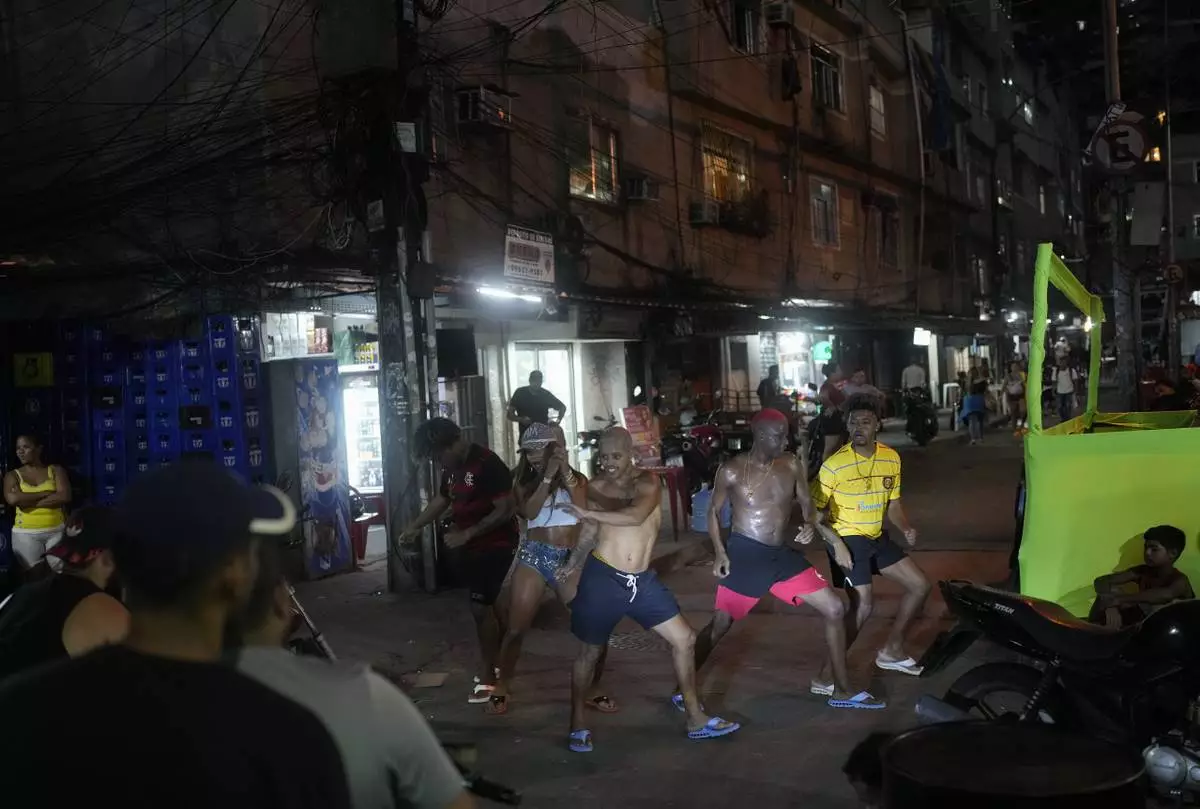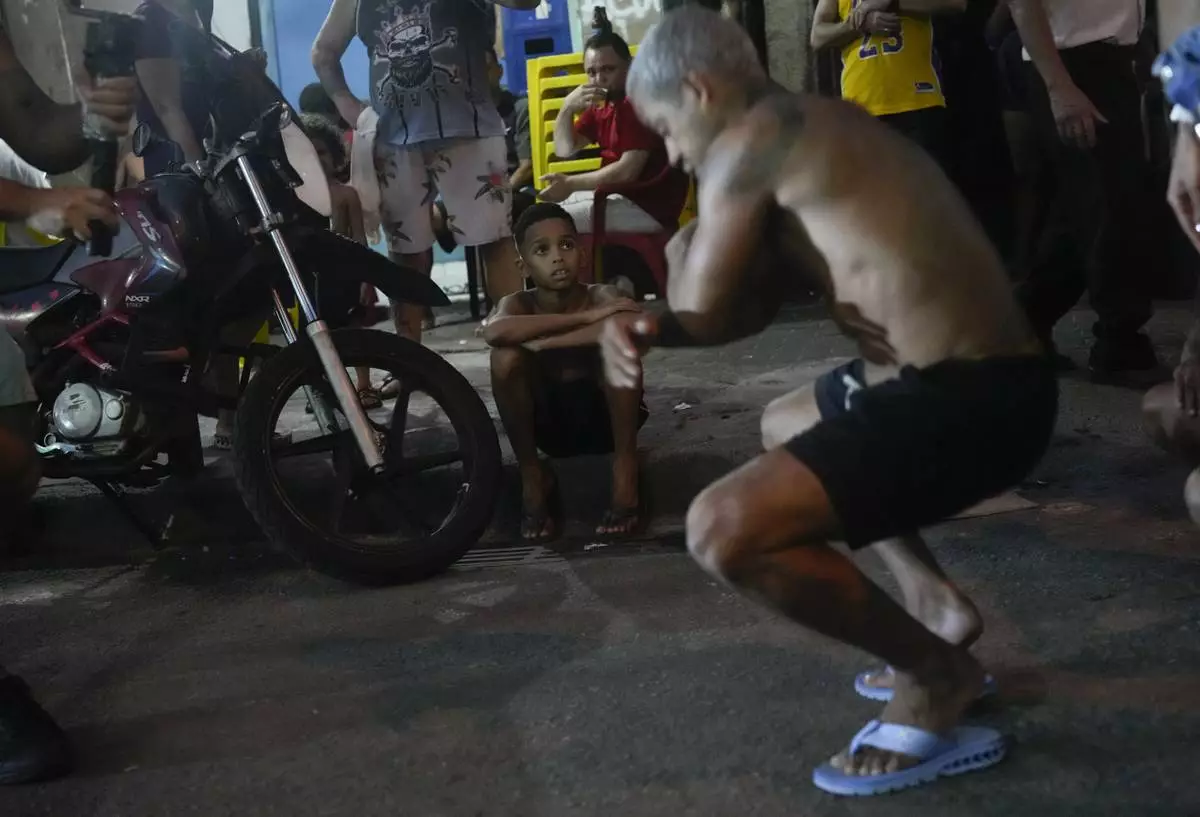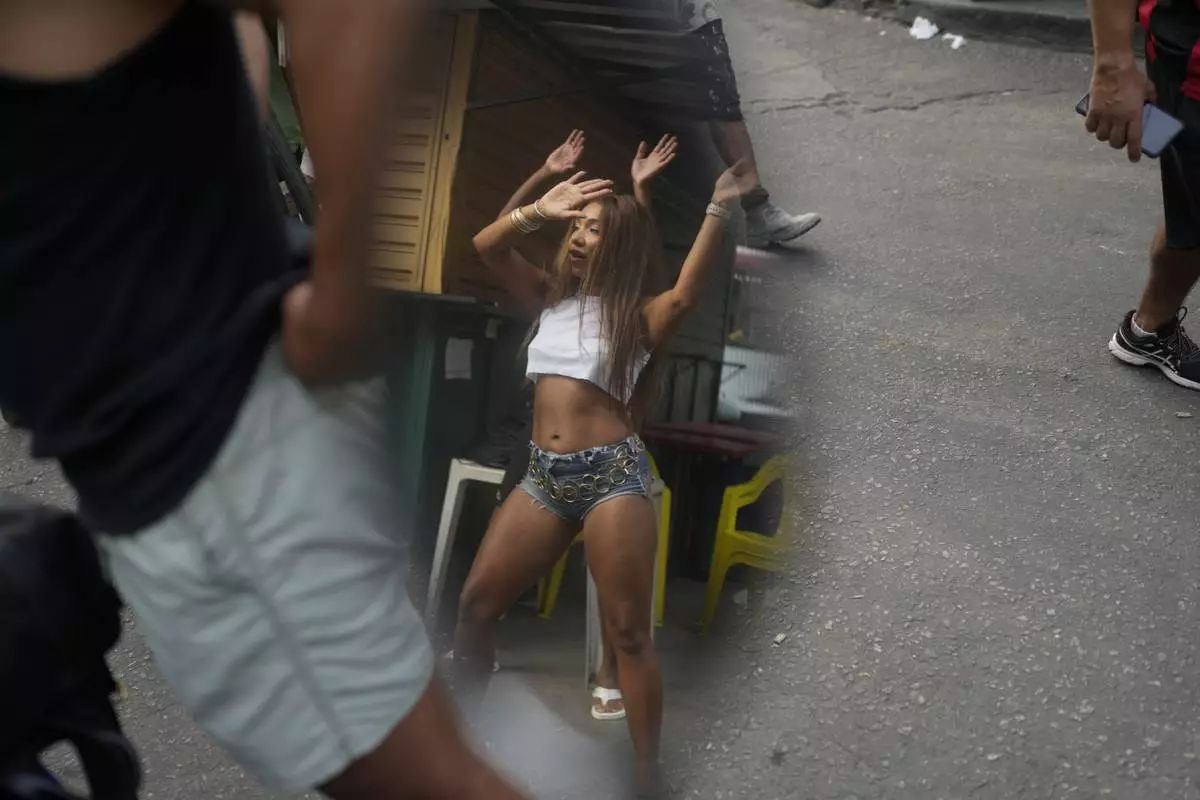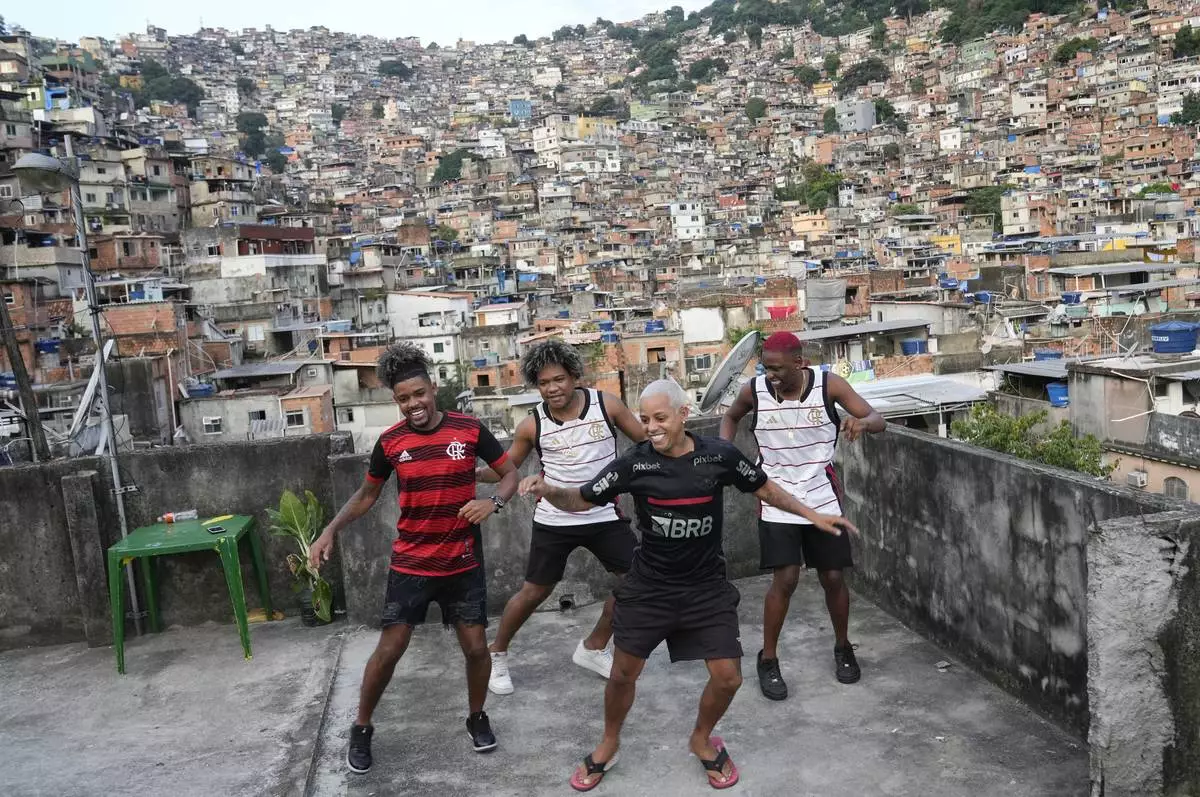LILLE, France & PARIS--(BUSINESS WIRE)--Apr 29, 2024--
4P-Pharma, a Lille-based clinical-stage startup studio focused on developing curative therapies for untreated serious diseases, announces that it has successfully secured a total capital of €15 million in its second closing with participation from private investors.
This press release features multimedia. View the full release here: https://www.businesswire.com/news/home/20240424933193/en/
With this funding, 4P-Pharma's shareholders renew their confidence in the company's drug regeneration model for untreated serious diseases. They welcome the entry of Phase 2 clinical development of the two first 4P-Pharma's SPVs, underlying the robust potential of the company's business model.
Revital Rattenbach, CEO of 4P-Pharma: "As CEO of 4P-Pharma, I am pleased with the renewed trust of our investors placed in our scientific and development approach year after year. This financial endorsement underscores our significant progress over the past decade. It attests to the strength of our model for delivering first-in-class treatments for people suffering from untreated serious diseases."
This additional shareholders' financial backing is a boost that will allow 4P-Pharma to deploy its drug regeneration model triggered by an unrevealed match between established MOA with unexplored targeting of disease biology, paving the way for developing first-in-class therapies.
This cashflow reserve ensures financial stability and operational agility to engage actively external growth opportunities through M&A and licensing-in and accelerate 4P-Pharma's startup studio model for building a balanced pipeline towards the commercial stage.
Revital Rattenbach concludes: "After a decade of existence, 4P-Pharma is opening a novel turning point of its growth. This successful capital-secure will enable us to push forward our patient-centric vision transforming science into success stories for the best for the patients and the whole medical community."
About 4P-Pharma
Founded in 2014, 4P-Pharma is a clinical-stage biotechnology company based in Lille dedicated to developing innovative curative therapies for severe diseases with unmet medical needs. Our goal is to bring first-class medicines to patients rapidly. 4P-Pharma leverages drug candidates with reduced development times, partly thanks to regulatory opportunities (emergency use or conditional market authorization) with strong intellectual property. The company is headquartered in Lille and Paris and has over 20 employees.
Site internet : https://4p-pharma.com/fr
LinkedIn: https://fr.linkedin.com/company/4p-pharma
X: https://twitter.com/4P_Pharma/
The only version of the 4P-Pharma press release that is legally binding is the one in its original language. Translations must always be compared to the source text, which will establish precedence. The press release text resulting from a translation should not be considered official in any way.


(Graphic: Business Wire)
RIO DE JANEIRO (AP) — It all started with nifty leg movements, strong steps backwards and forwards, paced to Brazilian funk music. Then it adopted moves from break dancing, samba, capoeira, frevo — whatever was around.
The passinho, a dance style created in the 2000s by kids in Rio de Janeiro’s favelas, was declared in March to be an “intangible cultural heritage” by legislators in the state of Rio, bringing recognition to a cultural expression born in the sprawling working-class neighborhoods.
The creators of passinho were young kids with plenty of flexibility — and no joint problems. They started trying out new moves at home and then showing them off at funk parties in their communities and, crucially, sharing them on the internet.
In the early days of social media, youngsters uploaded videos of their latest feats to Orkut and YouTube, and the style started spreading to other favelas. A competitive scene was born, and youths copied and learned from the best dancers, leading them to innovate further and strive to stay on top.
“Passinho in my life is the basis of everything I have,” dancer and choreographer Walcir de Oliveira, 23, said in an interview. “It's where I manage to earn my livelihood, and I can show people my joy and blow off steam, you understand? It's where I feel happy, good.”
Brazilian producer Julio Ludemir helped capture this spirit and discover talents by organizing “passinho battles” in the early 2010s. At these events, youths took turns showing off their steps before a jury that selected the winners.
The “Out of Doors” festival at New York’s Lincoln Center staged one such duel in 2014, giving a U.S. audience a taste of the vigorous steps. Passinho breached the borders of favelas and disconnected from funk parties that are often associated with crime. Dancers started appearing on mainstream TV and earned the spotlight during the opening ceremony of the Rio 2016 Olympic Games.
Ludemir describes the style as an expression of Brazilian “antropofagia," the modernist concept of cannibalizing elements from other cultures in order to produce something new.
“Passinho is a dance that absorbs references from all dances. It’s a crossing of the cultural influences absorbed by kids from the periphery as they were connecting with the world through social media in internet cafes,” he said.
Passinho was declared state heritage by Rio’s legislative assembly through a law proposed by Rio state legislator Veronica Lima. It passed unanimously and was sanctioned March 7. In a statement, Lima said it was important to help “decriminalize funk and artistic expressions of youths” from favelas.
Ludemir says the heritage recognition is sure to consolidate the first generation of passinho dancers as an inspiration for favelas youths.
Among them are Pablo Henrique Goncalves, a dancer known as Pablinho Fantástico, who won a passinho battle back in 2014 and later created a boy group called OZCrias, with four dancers born and raised like him in Rocinha, Rio’s largest favela. The group earns money performing in festivals, events, theaters and TV shows, and they welcomed the heritage recognition.
Another dance group is Passinho Carioca in the Penha complex of favelas on the other side of the city. One of its directors, Nayara Costa, said in an interview that she came from a family where everyone got into drug trafficking. Passinho saved her from that fate, and now she uses it to help youngsters — plus teach anyone else interested in learning.
“Today I give classes to people who are in their sixties; passinho is for everyone," said Costa, 23. "Passinho, in the same way that it changed my life, is still going to change the lives of others.”
Follow AP’s coverage of Latin America and the Caribbean at https://apnews.com/hub/latin-america

FILE - Illuminated by a motorcycle headlight, youth perform a street dance known as passinho in the Rocinha favela of Rio de Janeiro, Brazil, April 11, 2024. The passinho, or "little step", created in the 2000s by kids in Rio's favelas, was declared an "intangible cultural heritage" by state legislators, bringing recognition to a cultural expression born in the sprawling working-class neighborhoods. (AP Photo/Silvia Izquierdo, File)

FILE - A boy watches youth perform the street dance style known as passinho in the Rocinha favela of Rio de Janeiro, Brazil, April 11, 2024. Passinho or "little step" began with small groups performing at parties inside Rio's favelas, but has since spread, helping to break the stigma of the communities often known for violence and drug gangs. (AP Photo/Silvia Izquierdo, File)

FILE - Youth perform a street dance style known as passinho for their social media accounts, in the Rocinha favela of Rio de Janeiro, Brazil, April 11, 2024. The passinho, or "little step", created in the 2000s by kids in Rio's favelas, was declared an "intangible cultural heritage" by state legislators, bringing recognition to a cultural expression born in the sprawling working-class neighborhoods. (AP Photo/Silvia Izquierdo, File)

FILE - Reflected in a motorcycle side mirror, a woman performs a street dance style known as passinho, in the Rocinha favela of Rio de Janeiro, Brazil, April 11, 2024. Passinho or "little step" began with small groups performing at parties inside Rio's favelas, but has since spread, helping to break the stigma of the communities often known for violence and drug gangs. (AP Photo/Silvia Izquierdo, File)

FILE - A youth strikes a pose after performing street dance style known as passinho in the Rocinha favela of Rio de Janeiro, Brazil, Thursday, April 11, 2024. The passinho, or "little step", created in the 2000s by kids in Rio's favelas, was declared an "intangible cultural heritage" by state legislators, bringing recognition to a cultural expression born in the sprawling working-class neighborhoods. (AP Photo/Silvia Izquierdo, File)

FILE - Youth perform a street dance style known as passinho, in the Rocinha favela of Rio de Janeiro, Brazil, April 11, 2024. Passinho or "little step" began with small groups performing at parties inside Rio's favelas, but has since spread, helping to break the stigma of the communities often known for violence and drug gangs. (AP Photo/Silvia Izquierdo, File)

Youth perform a street dance style known as passinho for their social media accounts, in the Rocinha favela of Rio de Janeiro, Brazil, Wednesday, April 17, 2024. The passinho, or “little step”, created in the 2000s by kids in Rio’s favelas, was declared an “intangible cultural heritage” by state legislators, bringing recognition to a cultural expression born in the sprawling working-class neighborhoods. (AP Photo/Silvia Izquierdo)


















